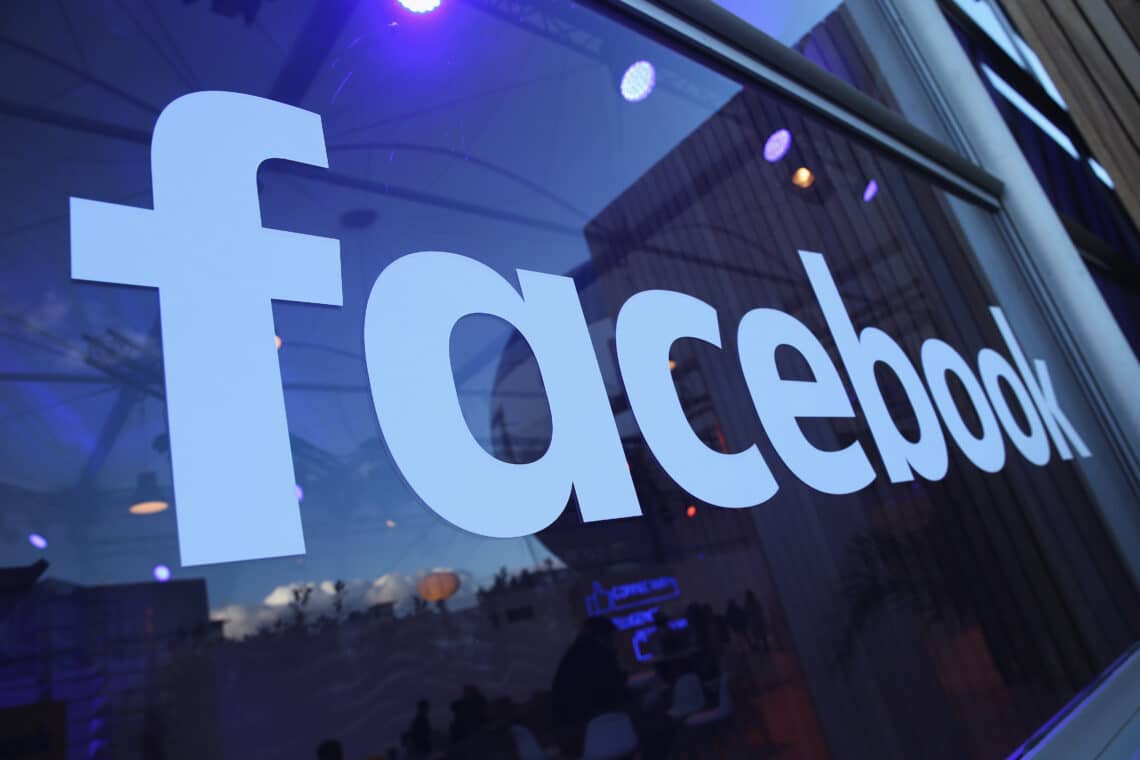Languages are accepted earnestly and further scrutinized. Just, in the backdrop of the leaks by whistleblower Francis Haugen, Facebook has confessed that it has hate speech classifiers in only four Hindi, Bengali, Urdu, and Tamil out of India’s considered 22 scheduled languages.
Moreover, its index investment towards screening fake, polarized, and hate-filled content in Indian languages on its outlets stands too small.
All this, when there has been a mushrooming of online content also as internet vernacularization (to translate into everyday language) since the first 2010s.
Political parties often use vernacular content to succeed in supporters. It is during this context that Facebook’s approach—not investing in content moderation in Indian languages—should be taken seriously and further scrutinized.

In a state like India that features a long history of communal violence and ethnic tensions, Facebook must know it is frequently misused to further amplify harmful content from partisan groups and vested interests.
Although this problem may be a classic case of putting profit above value, it also features a political dimension. Most digital platforms are operating in India, and regulators haven’t required them to take a position in protecting users from illegal, obscene, and harmful materials. Even more confusing is that Facebook admits that it’s hate speech classifiers in just four countries—Hindi, Bengali, Urdu, and Tamil—in India’s 22 predetermined languages.
Although the corporation has human reviewers to affect languages aside from these four, it only checks content marked by users. Facebook began to specialize in the Indian language market in 2012, when it launched eight Indian languages, including Hindi and Bengali. By 2017, it will be available in 12 Indian languages. However, additionally, to the supply of various languages, it’s important to know that users are liberal to share content in various Indian languages, albeit they use English to access their platform.
What is Internet vernacularization?
Internet vernacularization infers the increasing volumes of people who access social media in their languages.
It waves around the identical aspects of linguistic diversification as well as the mass of the medium.
Why is it significant?
Its most important contribution is the large size of users -generating online content accessible in varied other Indian languages. It not only offers a new understanding of emerging digital cultures but also to infer regional public sphere.
It carries up the vast number of digital consumption and interactions, digital nationalism and populism, and the emergence of multilingual, non-English, and vernacular internet spheres.
The trend of the internet
Talking about its trend-vernacularization in India is in line with the global trend of the decentralization and de-Americanization of the World Wide Web along with the rise of the global south regarding the number of web users.
What are the potential downsides of internet vernacularization?
Manipulation of public opinion and political polarization by targeted propaganda. These attempts have already had dangerous social consequences, killings, and contributed to conflicts.
Further, social media platforms have become competitive hotspots for gaining political power and controlling public opinion. Internet vernacularization will result in exacerbating this issue.

What is the way forward?
Business Ethics: Social media companies should be guided by social values and invest in understanding the societies in which they operate.
Culture-specific protocols: Social media companies should not be allowed to operate in language errors.
Ensure consumer protection: Facebook and other social media companies must invest in building an infrastructure to ensure users are not exposed to harmful and fake content.
Ensure Accountability: Facebook needs to be held accountable for the dominant role it has come to play in controlling the flow and access to information.
Effective regulations: Appropriate regulations that help in checking the abuse of market power, misuse of users data, and privacy breaches from social media companies.
Operational changes: While AI-based algorithms are faster at detecting harmful content, they are not good at understanding Indian languages. Facebook should hire and deploy human moderators directly, instead of outsourcing such jobs, to ensure more accountability from them.
Investing in local culture: Social media platforms should invest in understanding the societies during which they operate. This could help in developing strategies and policies that protect the public interest and safeguard users.
Also Checkout: 10 Best Photo Editing Apps For Android in 2022











